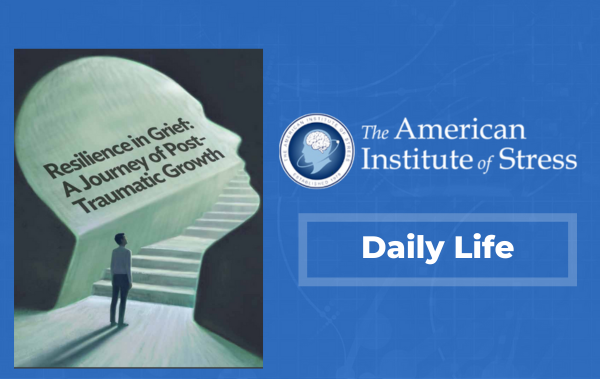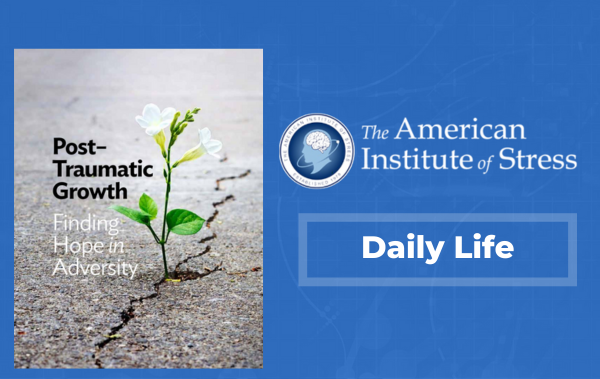I’ve never considered myself someone with a, particularly sharp memory. If it isn’t an embarrassing moment from my youth or a line from an episode of The O.C, I probably don’t remember it.
It’s something my friends and family joke about often. I’ll recount a story to my roommate only to have her stop me mid-way to say, “Steph, I was there with you”. 
While it’s not one of the traits I’m most proud of, my flimsy memory has never been anything but — so I didn’t give it much thought until recently.
Over the past 18 months, I have noticed this issue of mine has intensified. Names escape me more than before. Mental notes rarely remain front of mind. And I’m finding I’ll draw blanks on conversations friends swear we’ve had.
I became quite concerned at first. I began wondering if these lapses were a sign of something more sinister going on with my brain. After all, trouble with your memory at 32 is unusual, right?
Then I realized the points at which my mind has felt most foggy — the periods during which information simply will not stick — all have a common theme. They tend to occur when my anxiety is running wild.
What’s the deal with mental health and memory?
So, I did a little digging. And it turns out that not only are anxiety and depression linked to impaired memory, but lockdown can also have a hand in messing with this function of your brain.
Oh, and it gets worse, too. Patrick Dixon, a Registered Psychologist with the Indigo Project in Sydney, explained to me over email that in addition to depression and anxiety having the ability to negatively affect memory “in the short and long term,” difficulties with memory “can also cause an increase in depressed and anxious symptoms”.
In short, this would suggest that experiencing depression and anxiety can cause memory difficulties, then said memory difficulties may exacerbate symptoms of depression and anxiety. Quite the roundabout, no?
Dixon added that “it is understood that chronic and untreated depression may reduce the size of your hippocampus, which is a key part of the brain for memory.”
Before you panic, however, he stressed that in many cases “much of the forgetfulness that can come with a depressive episode usually restores once the depression is treated effectively”.
Similarly, with anxiety, there have been clear links made with the mental health condition and memory. Dixon pointed out that with particularly “high levels of anxiety and stress, the brain’s resources are too busy managing the perceived danger to create and consolidate memories”.
Put it this way: if anxiety is your brain’s way of registering the need for a flight or fight response, it is far too focused on the threat at hand to make a note of the name of your bestie’s new boyfriend.
In the simplest terms, “you definitely will have a better memory if you give more focused attention towards something,” explained Adam Osth, a Senior Lecturer at The University of Melbourne who specialises in Cognitive Psychology and the computational modelling of memory.
If you’re living with depression or anxiety, it’s quite likely that your attention will not be placed on everyday details like phone numbers, names and dates. For that reason, it becomes increasingly difficult for your brain to create memories of these elements.
The significance of how memory works
Where this gets quite interesting, though admittedly a little dark, is that theoretically, your memory could work well during a depressive or anxious episode — it’ll just work for different types of details.
Osth shared over the phone that “the way we think memory works is that you’re more likely to remember something the more similar your current situation or your current cues are to the conditions under which the memory was formed”.
He shared that this goes well beyond the physical experience of getting deja vu when walking down a familiar street. Everything from your environment to “your mental state and your thoughts, your emotions, your goals” can hold significance in memory formation.
When it comes to mental health experiences, this explains a lot.
“People who have depression, for instance, often have much worse memory for memories that were formed when they were not depressed, because those suddenly become very dissimilar to their current state,” Osth said.
And while there isn’t loads of research to lean on here, he shared that people living with depression could potentially have stronger recall of memories that are formed while depressed than those outside of that experience.
Now, of course, there are degrees to this and not every person will experience memory the same way. In some milder cases, in fact, Dixon shared that anxiety can actually sharpen memory. It very much depends on the “intensity and duration” of your experience, he said.
“Moderate levels of anxiety and stress may help with concentration by sharpening senses, providing energy, and increasing overall cognitive functioning, including memory.”
But there is a limit to this, and once you enter into a state of extreme stress or anxiety — brought on by say, a global pandemic — your brain “becomes consumed only with the goal of survival, and memory, therefore, takes a back seat”.
“This is partly why, in cases of traumatic experiences, they can be remembered in a fragmented, or disjointed way, with some moments very clear and others a blur,” Dixon said.
The Groundhog Day effect
Then there’s this lockdown business. When I first brought up the idea of writing this piece to my team at work, a colleague asked if forgetfulness could be a result of limited stimulation in a setting like lockdown.
And well, he wasn’t too far off. But it’s a little more nuanced than the plain fact that sitting in my apartment for two months is hardly thrilling.
Osth explained it this way. Our memories work best when we’re in a similar setting to when they were formed, right?
“These almost act like search terms in a Google search bar, where they’re kind of all being used to search the contents of your memory for something that matches your current state.
“But just like a like a Google search, the more things that match your search terms, the more stuff comes out.”
So, if I’ve spent some seven months in lockdown over the past year and a half (which I have), there are bound to be a whole lot of memories attached to the mental search term of “lockdown in my apartment”.
That makes it a whole lot more difficult for my brain to sift through and separate memories.
“The more, kind of, experiences you have that match your current kind of cues or state, the harder it is to find particular memories,” Osth said.
It makes a lot of sense when you think about it.
He went on to share that if you’re given unique cues, it’s much easier to recall those memories clearly.
“To give an example, let’s say you go to, I don’t know, the Bahamas with a friend, and it’s your first time going, but they go every year. Chances are you’ll probably have a much better memory for that trip than your friend.
“Because it’s a unique experience associated with unique cues [for you], they’re very easy to remember. You might remember a lot of the different events from that trip, whereas your friend that goes every year, they have all different kinds of memories that match this kind of common cue of the Bahamas; it’s very easy for them to confuse one trip with another.”
So, what we can deduce from all of this so far is that we’re kind of in a perfect storm of shitty circumstances for memory right now. Increased stress levels, mental health struggles and Groundhog Days on repeat make for a particularly difficult set of challenges in any sense, but they also act as a series of hurdles for your memory.
What you can do about all this
The good news here, (and there is good news!) is that in all likelihood, your memory will return to its original state once life settles again. Both Dixon and Osth made a point to highlight this.
If you want to help reduce brain fog or help give your memory a jolt, however, Dixon shared that trying something new (like learning a language or cooking a different cuisine), exercising, working on your quality of sleep or practicing mindfulness can work wonders.
In saying that, however, Osth stressed that it’s actually incredibly common to forget things. So, don’t place too much pressure on yourself.
“All of us have experiences where we don’t remember things,” he said.
“When you start experiencing memory difficulties during something like lockdown it’s like you’re trying to run uphill. You’re just working in a circumstance where your memory system is not going to be able to do that well. And, you know, that’s okay.”
The best thing you can do right now is to give yourself a bit of a break. Your brain is dealing with a lot. A little forgetfulness can be forgiven. I’m doing my very best to remember that going forward.





